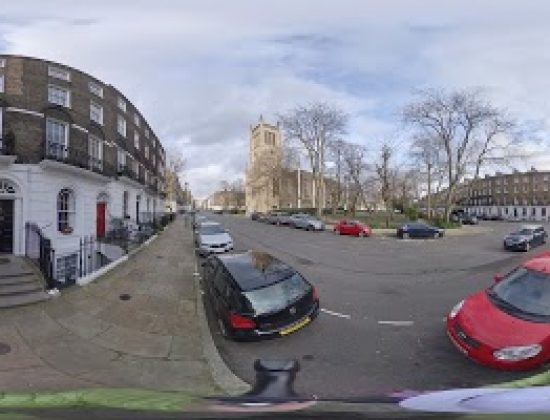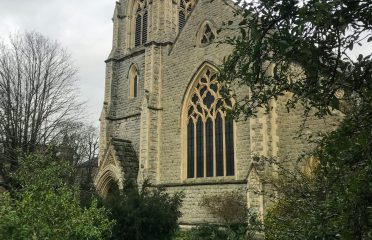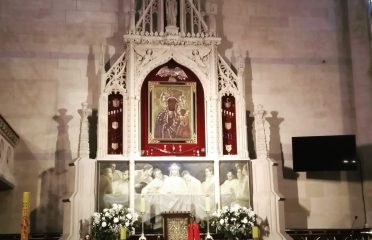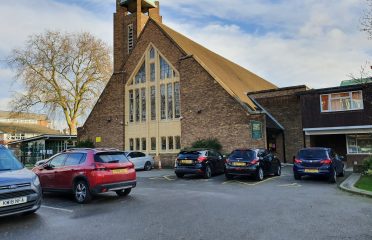Discover an unexpected twist on your traditional church experience here at “Church,” where we blend relaxation with elegance! Featuring embellished yet easygoing sandals like Rhonda which combines casual vibes with shimmering accents—our space radiates comfort while inviting you into a world inspired by creativity! We prioritize exceptional customer satisfaction alongside providing unique offerings that cater not only aesthetically but also enhance your overall experience within this delightful ambiance designed just for you! Whether meeting friends or simply enjoying some personal downtime—come explore what makes us special!
Rate us and Write a Review
Note: Data fetched from Google is temporarily stored and can change on latest API request every month.











